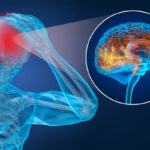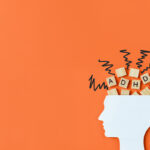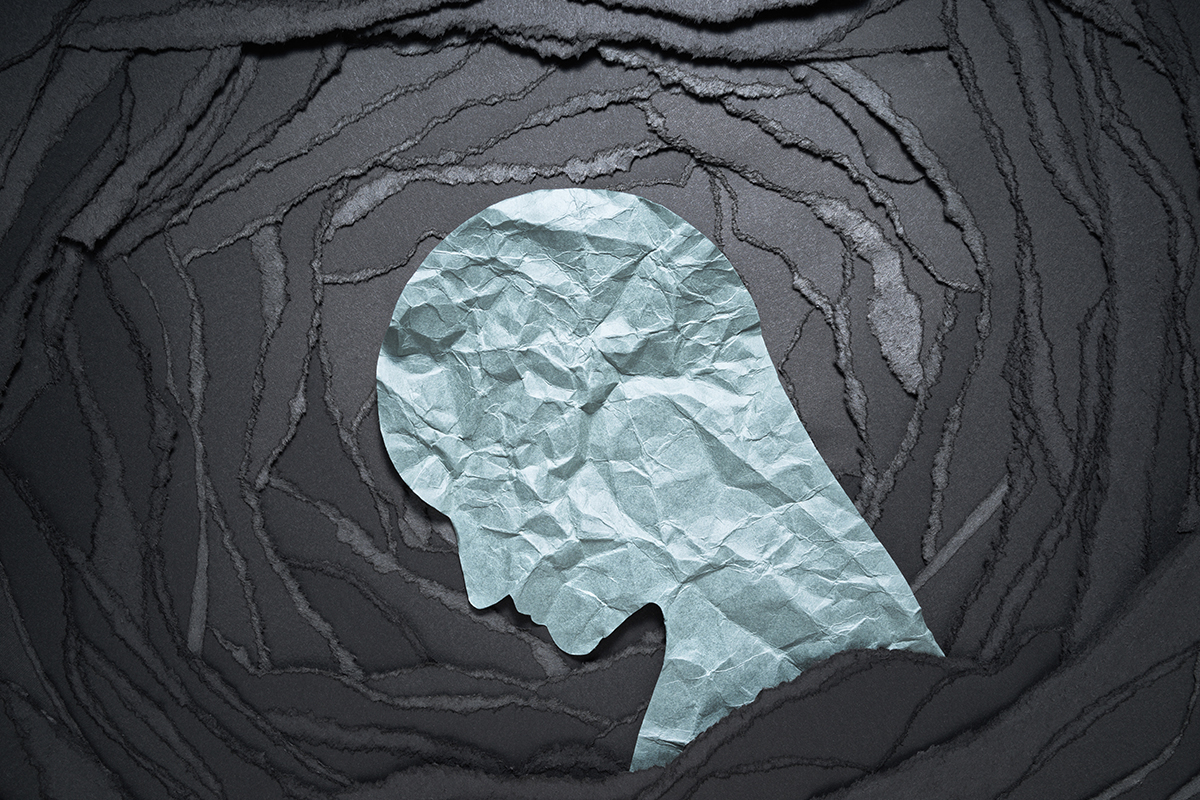Depression causes deep, long-lasting feelings of sadness or hopelessness. For most people, seeking help provides relief through either medication, therapy, or a combination of both.
However, 10 to 15% of patients don’t respond to antidepressants, while 30 to 40% only experience partial improvements. When the response is not notable, it is considered treatment-resistant depression.
Here we explain more about treatment-resistant depression with alternative treatments proven to help.
Possible Causes of Treatment-Resistant Depression?
Although diagnosing treatment-resistant depression has yet to be standardized, it tends to be confirmed if you fail to respond to at least two different types of antidepressants. Some possible causes of treatment-resistant depression could be:
- A misdiagnosis of depression
- Other conditions that could be causing your symptoms to worsen
- The wrong dose of antidepressants
- Not taking your antidepressants as prescribed
- Not taking the antidepressant long enough
- Genetic factors
- Metabolic disorders
If you suspect you have treatment-resistant depression, speak to your doctor to let them know the medication isn’t working. Because antidepressants take time to “kick in,” it might simply be too early to see improvements. For many, it takes up to six to eight weeks for the medication to help. If you fail to see improvements within the expected time frame, there is a higher likelihood you have treatment-resistant depression. Also, neuropsychological testing can confirm your diagnosis.
What are Risk Factors for Treatment-resistant Depression?
There are risk factors for treatment-resistant depression, including:
- Not starting medication soon enough: The longer you wait to seek treatment for depression, the less likely it is your medications will work.
- Symptom: The more severe your symptoms, the less likely it is you will respond to antidepressants.
- Underlying conditions: If you suffer from anxiety or other disorders, you might not see the desired results from antidepressants.
Discussing your response with your doctor will ensure you receive treatment alternatives to manage your depression.
Are Other Treatments Available for Depression?
Yes, the “treatment-resistance” is related to antidepressants. Most patients with depression undergo a combination of therapy and medication to see the best results. Although antidepressants are often the most common treatment, your doctor might combine medications or find other medications they can prescribe. However, you might find you can manage or even overcome your depression with alternative treatments, including:
Natural Treatments
Some natural treatments used on their own or in combination include:
- Herbal remedies
- Acupuncture/Reflexology
- Exercise
- Yoga
- Meditation/Guided imagery
- Relaxation massage
- Stress management techniques
Therapy
Therapy with a mental healthcare provider is also highly effective, including:
- Neurofeedback: Neurofeedback makes lasting changes teaching you how to increase activity in areas of the brain associated with positive emotions, motivation, and energy levels. At the same time, it decreases brain activity in areas of the brain related to depressive emotions, negative thoughts, and poor self-esteem.
- Psychotherapy: Psychotherapy can be used with or without neurofeedback. Also known as talk therapy, it focuses on teaching you strategies and cognitive skills to change thinking patterns, improve emotion regulation, and encourage behavior that improves wellness. You can also explore past events or current life stressors contributing to depression.
You can manage treatment-resistant depression with a strategic treatment plan that does not require medication. An individualized plan will address your specific needs to see the best possible outcomes.
The Chicago Mind Solutions Difference
Chicago Mind Solutions works with individuals, offering neuropsychological testing and non-invasive treatment for many mental health conditions. For more information about our treatments and teletherapy options, please contact us at (224) 723-5050 or email info@chicagomindsolutions.com.






